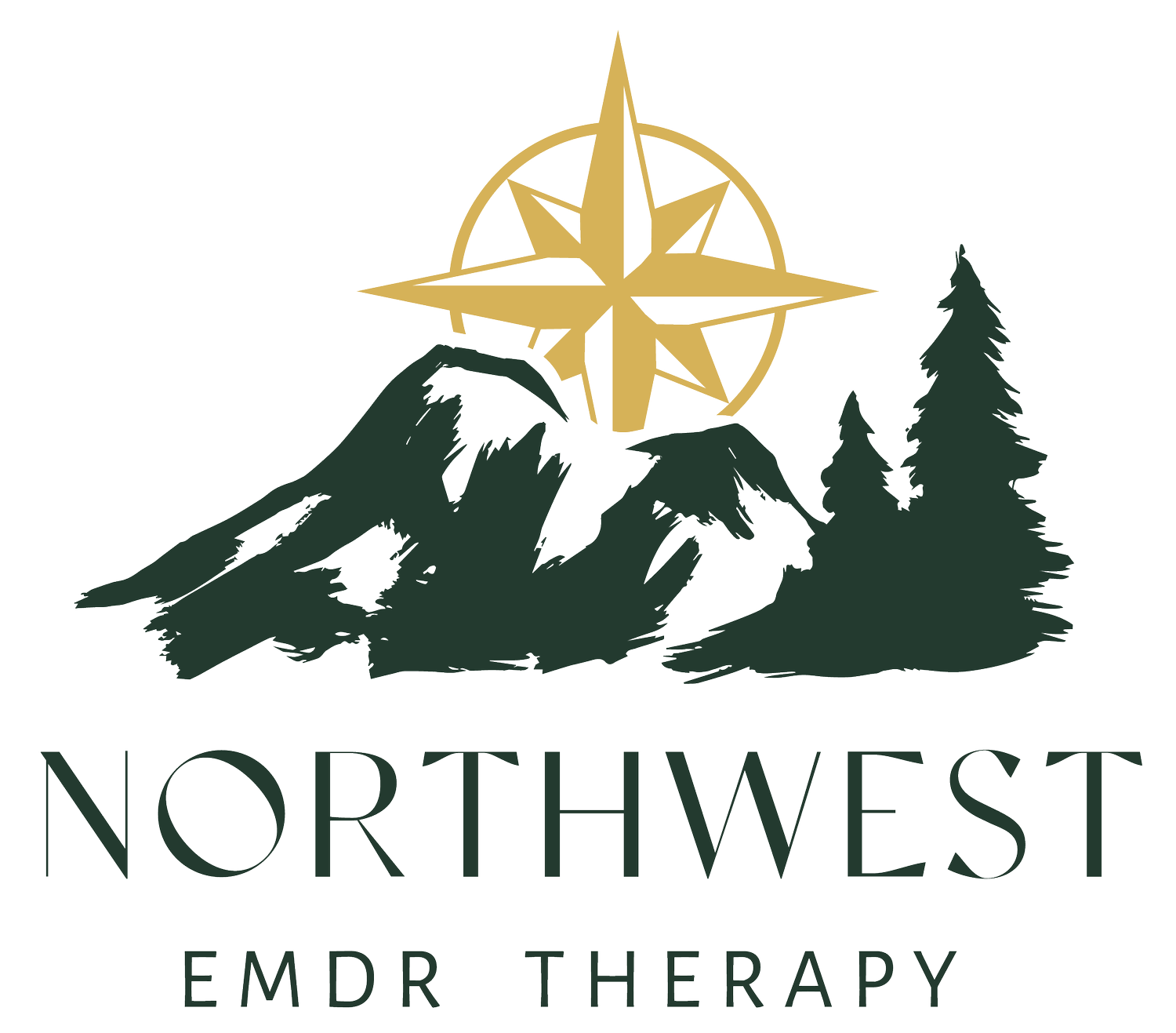We have discussed EMDR in the past, but here is a quick overview of the therapy process. EMDR stands for Eye Movement Desensitization and Reprocessing, which really does break down the process but if you are not familiar with it, even the title could feel overwhelming. Let’s break it down. EMDR is a bilateral stimulation of the brain to help reprocess traumatic memories, and desensitize the feelings associated with those memories. While the standard practice focuses on the eye movement for bilateral stimulation, eye movement is not necessarily the focus of the treatment, it is the reprocessing in any way that comes from bilateral stimulation; tapping, sounds through headphones, holding vibrating objects in each hand, the list goes on.
When we undergo EMDR therapy, the bilateral stimulation of the brain helps to bring up the memory, the feelings, and allows for our brains to reprocess those memories and desensitize the feelings we have towards them. When we bring up those memories, we begin to stir the pot of all of the memories or experiences that have been shoved down or avoided. I like to visualize it as stirring a pot of soup and all of the ingredients start swirling around. While this might sound overwhelming, there are a lot of positives that come from this form of therapy, there are also some challenges as well. Let’s look through different side effects of undergoing EMDR therapy.

The biggest thing that I hear after people have been doing EMDR reprocessing is that they are having more frequent or vivid dreams. Upon further research, this is a really common side effect of the EMDR reprocessing. According to the Sage Neuroscience Center (2021), an increase in vivid dreams or realistic dreams is something to be expected after the reprocessing. While an increase in dreams is something to expect during the reprocessing, there has also been ample research showing a reduction in nightmares after the reprocessing of the memory. People who suffer from frequent nightmares have expressed a reduction after they worked through and reprocessed the memory that triggered those nightmares. It seems to boil down to a short term pain for a long term gain situation.
More vivid dreams for a short period of time, could lead to a reduction in those pesky nightmares that might make you afraid to go to sleep at night. According to Holtz (2023), the EMDR reprocessing and REM sleep are intertwined. Dreams are said to be the communications from unprocessed or discarded memories, so as we are stirring up those memories, they will come up more within our dreams. This also supports the statement that people experience a reduction of nightmares, because you are reprocessing those memories, the nightmares will diminish.
Another side effect of EMDR is an increase in your sense of awareness of what you experience throughout the day. You might start to recognize your triggers in situations you had not considered before. You might start to recognize challenges within your relationships or your tolerance of treatment from the people around you. Your increased sensitivity is your brain really starting to recognize how the impact of that memory/experience impacts your day to day life. While when you are in the reprocessing stage, your sense of awareness will be heightened, you will also start to notice feelings of healing or feeling emotionally lighter as the reprocessing continues. EMDR participants report a reduction of depression disorders and symptoms, up to 68% of people who participate in EMDR report these changes (sageclinic.org, 2021). While being more aware is not necessarily a bad thing, it can increase your emotions throughout the day. I always recommend writing down what you are experiencing, what is coming up for you during the week, or where you have found increased emotional challenges during the reprocessing.
If you experience nightmares, or have challenges with working through traumatic events or experiences, reach out to a certified EMDR counselor today. Working through and reprocessing those experiences can help to reduce the challenging symptoms you are experiencing and help you to reduce the daily triggers as well. While it is hard work, the benefits can be wonderful.
